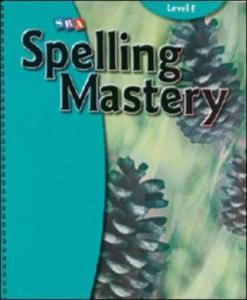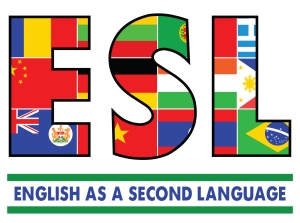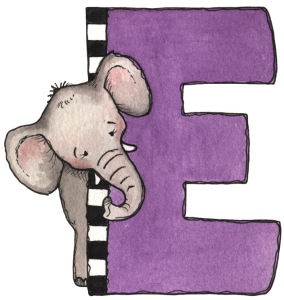I would love to know what people think about this journal article.
Here is an abstract:
Evidence is mounting that values education is providing positive outcomes for students, teachers and schools (Benninga, Berkowitz, Kuehn, & Smith, 2006; DEST, 2008; Hattie, 2003; Lovat, Clement, Dally, & Toomey, 2010). Despite this, Australian pre-service teacher education does not appear to be changing in ways necessary to support skilling teachers to teach with a values focus (Lovat, Dally, Clement, and Toomey, 2011). This article presents findings from a case study that explored current teachers’ perceptions of the skills pre-service teachers need to teach values education effectively. Teachers who currently teach with a values focus highlighted that pre-service teacher education degrees need to encourage an ongoing commitment to continual learning, critical reflection and growth in pre-service teachers, along with excellent questioning and listening skills. Further, they argued that pre-service teachers need to be skilled in recognising and responding to student diversity. This article ends by arguing for some changes that need to occur in pre-service teacher education in order for teachers to teach effectively with a values focus, including the need for stronger connections between pre- service and experienced teachers.




![http://cdn.trendhunterstatic.com/thumbs/doughnut-engagement-ring.jpeg[1]](https://nicolehiron.files.wordpress.com/2015/06/doughnut-engagement-ring1.jpg?w=300&h=200)